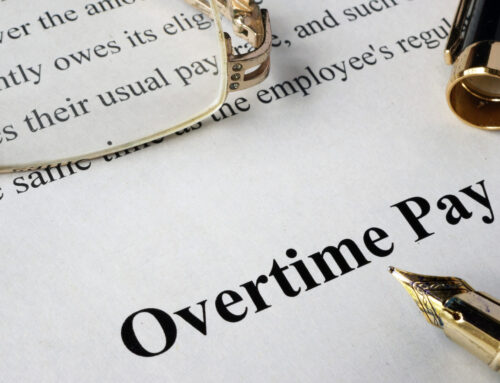
As discussed in our prior post, the DOL’s new rules would have dramatically changed the “white collar” exemption, more than doubling the salary requirement. Employers would then be in the position of raising affected employees’ salary above the new threshold minimum of $921 per week ($47,476 annually), or reassigning them to non-exempt status.
For the time being, those changes are on hold. But Judge Mazzant’s order is unlikely to be the final ruling. So what are employers to do in the meantime? Here are a couple of considerations:
- Changes already communicated: Many employers have already communicated to employees that their status will change on December 1. Employees who are expecting a pay raise or to become overtime eligible may be disappointed if their employers change course based on the ruling.
- Potential Liability: If Judge Mazzant’s ruling is later overturned, there is some risk that employers will be liable for periods that they were not in compliance after the December 1 effective date, regardless of the injunction. A court in Ohio, which is in the same judicial circuit as Tennessee, held under similar circumstances that the employer was not liable for noncompliance during a period that an injunction remained in place, but (1) other courts have reached the opposite conclusion and (2) this question has not yet been settled above the federal district court level. Thus, the potential for liability is there.
What does the future bring? The immediate forecast is more uncertainty.
We may not see a final ruling for months to come. With a change in the administration, no one would be surprised to see significant changes within the DOL. A revamped DOL could look very different than the one that exists now and might simply refrain from defending the rule on appeal. Even then, the appellate court might find fault in Judge Mazzant’s ruling and reverse it even if the DOL does not weigh in.
For now, many of us will keep following the progress to see where we end up at the end of the day. If you have questions specific to your business, contact your Klein Bussell attorney for compliance advice and recommendations.
*Photo Credit: JanPietruszka via freedigitalphotos.com
The information contained on this blog is not legal advice, nor does this blog create an attorney-client relationship. Klein Bussell attorneys do not blog about pending matters handled on behalf of our clients and will never disclose client confidences.
The information contained in this blog does not constitute legal advice, nor does this blog create an attorney-client relationship. KSM attorneys do not blog about pending matters handled on behalf of our clients and will never disclose client confidences.






